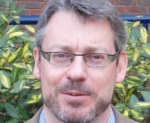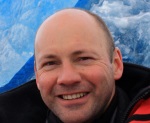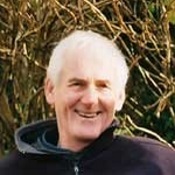Links to external sources may no longer work as intended. The content may not represent the latest thinking in this area or the Society’s current position on the topic.
Arctic sea ice reduction: the evidence, models, and global impacts
Scientific discussion meeting organised by Dr Daniel Feltham, Dr Sheldon Bacon, Dr Mark Brandon and Professor (Emeritus) Julian Hunt FRS
Event details
This meeting explores the recent, rapid Arctic sea ice reduction. We will discuss the evidence for change, the inability of our climate models to predict these changes, the processes responsible for sea ice reduction and improved representation of these processes in climate models, and the impacts of sea ice change on local and global weather and climate.
Download meeting programme
Biographies of the organisers and speakers will be made available shortly. Recorded audio of the presentations will be available on this page after the event and the papers will be published in a future issue of Philosophical Transactions A.
Attending this event
This event is intended for researchers in relevant fields and is free to attend. There are a limited number of places and registration is essential. An optional lunch is offered and should be booked during registration (all major credit cards accepted).
Enquiries: Contact the events team




